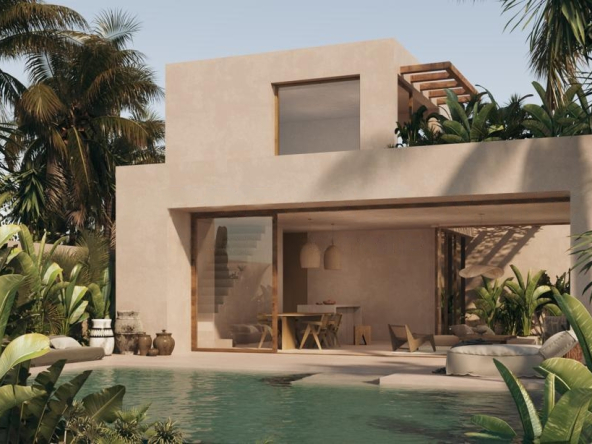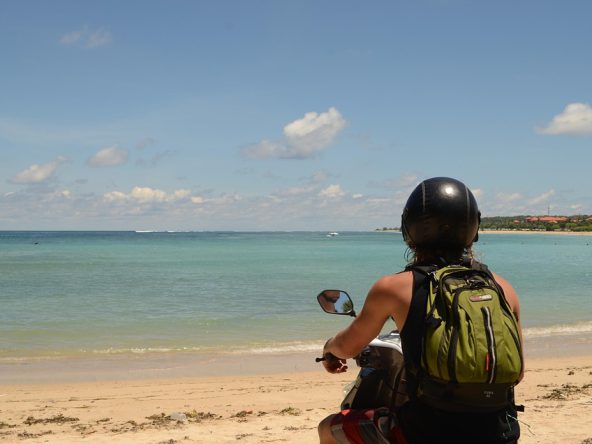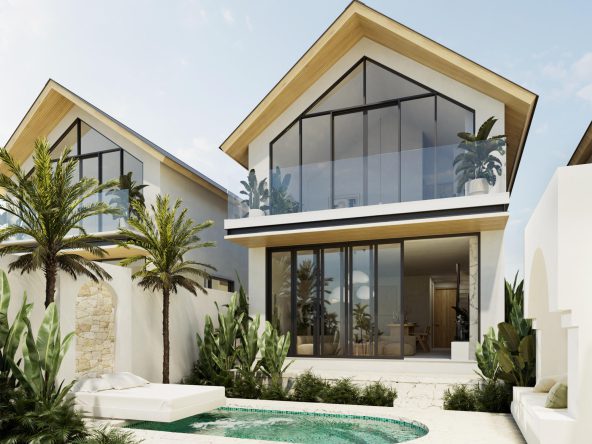Buying property in Bali is an exciting prospect for many Australians, but the concept of leasehold ownership can sometimes raise concerns. While Australians are accustomed to freehold property ownership at home, leasehold villas in Bali offer unique advantages that make them an excellent investment or lifestyle choice. In this guide, we’ll break down the benefits of leasehold ownership, address common concerns, and explain why it’s a great option for those looking to buy property in Bali.
What is Leasehold Ownership in Bali?
In Indonesia, foreigners cannot legally own freehold (Hak Milik) land. Instead, the most common and secure way for Australians to buy property is through a leasehold (Hak Sewa) agreement. A leasehold contract gives you the exclusive right to use, rent out, or sell the property for an agreed period, typically 25–30 years, with the option to extend up to 80–100 years.
Now, let’s explore why buying a leasehold villa in Bali is a smart, secure, and profitable decision.
1. More Affordable Than Freehold
✅ Lower Upfront Cost
Leasehold villas in Bali are significantly more affordable than freehold properties, allowing investors to secure high-quality real estate in prime locations for less. This means you can buy a luxury villa in Canggu, Seminyak, Uluwatu, or Ubud at a fraction of the cost of a freehold property.
❌ Common Concern: “I won’t own the land!”
✅ Reality: While you don’t own the land, you own the property itself and have full legal rights to use, rent, and sell it within the lease period. Most leases come with guaranteed renewal options, ensuring long-term security.
2. 100% Legal and Secure for Foreigners
✅ Avoids Legal Complexities
Unlike freehold property, which requires setting up an Indonesian company (PT PMA) or using a local nominee, leasehold properties are fully legal for foreigners and involve a straightforward contractual process.
❌ Common Concern: “What happens when the lease ends?”
✅ Reality: Most leasehold contracts include extension clauses, allowing you to renew your lease at an agreed rate. Even if you don’t extend, you can sell your remaining lease term, meaning your investment retains value.
3. Strong Rental Yields & High ROI
✅ Bali’s Tourism Boom = Profitable Investment
Bali’s ever-growing popularity means leasehold villas generate strong rental returns. Many Australians purchase leasehold villas to rent out on Airbnb or Booking.com, earning 8–15% annual rental yields.
❌ Common Concern: “Will I lose money as the lease runs out?”
✅ Reality: While leasehold properties depreciate over time, they can still be resold at market value before the lease ends. Many buyers seek existing leases with 5–15 years remaining, making resale easier than you might think.
4. Easier to Sell Than You Might Expect
✅ Stronger Demand for Leasehold Villas
Since leasehold properties are cheaper than freehold, they appeal to a wider market of buyers, including expats, digital nomads, and investors who prefer a legal and hassle-free option.
❌ Common Concern: “Are leasehold properties harder to sell?”
✅ Reality: Leasehold properties in high-demand areas like Canggu, Berawa, and Seminyak remain attractive to buyers looking for turnkey rental investments. You can sell your remaining lease term just like any other property transaction.
5. No Need for an Indonesian Nominee
✅ Secure, Transparent Ownership
Buying freehold property as a foreigner often requires setting up a PT PMA (foreign-owned company) or using an Indonesian nominee—both of which can be risky and complicated. Leasehold property avoids these issues, making ownership simple and legally sound.
❌ Common Concern: “Is leasehold really secure?”
✅ Reality: Leasehold contracts are legally binding, notarised, and enforceable. A well-drafted lease agreement ensures you have exclusive control over your property throughout the lease period.
If you’re looking for an affordable, legal, and profitable way to invest in Bali property, leasehold ownership is a smart and strategic choice. Whether you’re planning to relocate, invest, or buy a holiday villa, leasehold properties offer long-term security, strong rental income, and an easy resale process.




